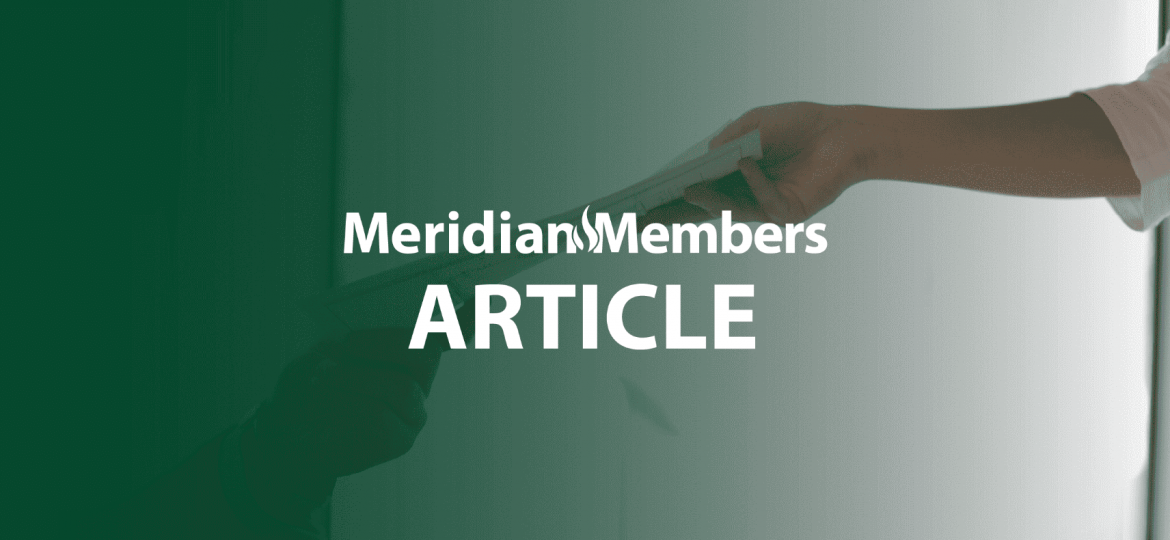
For year-end financial statements, you have the choice of three levels of service from your CPA: compilation, review or audit. Here’s what happens with each level of service.
Audit – The CPA firm does a complete reconciliation of all accounts as well as scrutiny and verification of all general ledger accounts and all supporting documentation such as contracts and loan notes. This is the most thorough level of service and also the most expensive.
Review – Lesser in scope than an audit, the CPA firm performs spot checks or random sampling of accounts with limited audit function and review of selected documents. Although a review does not provide the complete assurances of an audit, this random sampling method is a cost-effective way of making sure your accounting is clean.
Compilation – With this level of service, the CPA firm does no checking of any figures. The report is simply a regurgitation of your internal financial statements with a few added notes. This is the cheapest level of service, but provides no value to you and very little to your creditors. Compilations are viewed by the financially savvy as a bit of a joke. There is zero validity verification with a compilation.
Because most creditors think very poorly of compilations, they are a waste of money. A more sound business practice is to have your CPA do review level statements each year, with an audit every three to five years. The extra level of service with a review or audit should not be viewed as an intrusion onto your business and its practices or your private affairs, but as an opportunity to detect and correct any weaknesses or problems within your accounting systems.
Some marketers are reluctant to pay the extra money for a full-blown audit each year, but if you only have an audit every three to five years, you can amortize that cost over those years. In addition, a good CPA firm will always make money-saving suggestions during the course of their audit. Competent CPAs can often earn their fees in savings.
Do not fool yourself or waste your money with a compilation. In essence, the only thing you are paying your CPA for is compiling, simplifying and retyping your financial statement data with a few notes. All could easily be done by your own staff! If you decide to engage an accountant for your year-end statement, at a minimum order a review statement so that your money isn’t completely wasted.
As with most other professional services, know that the quality and savings you receive is predicated on the quality of the firm. Don’t scrimp on fees, but using a bidding process between competent firms can help lower your costs. With that said, don’t switch CPA firms each year. Creditors look for stability in your choice of CPA, and become leery when you change accountants too often. Select a CPA firm you can live with for no less than a three-year period. Petroleum issues are complex, and it takes even good firms a year or two to understand the intricacies of our industry.

